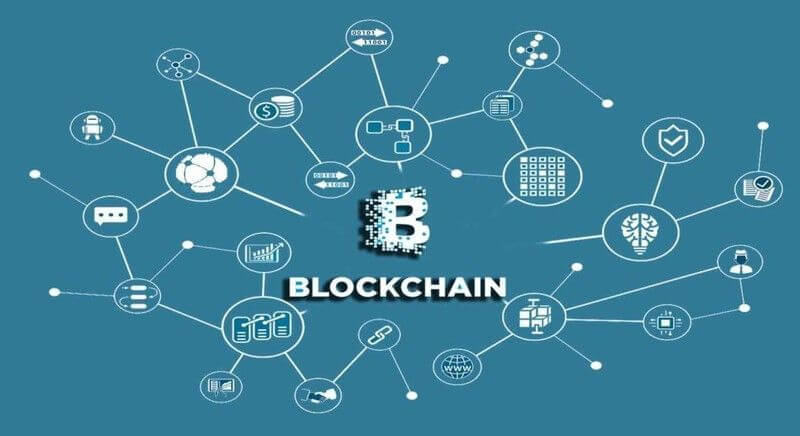
Well, we have all heard about issues with blockchain being to slow for the mainstream and a company born in Albuquerque, New Mexico claims to have solved the problem.
So how have the company done this? Devvio say ‘’The Devv Protocol uses its own consensus algorithm, known as Proof-of-Validation. With Proof-of-Validation as our foundation, the Devv Protocol was designed to provide compelling solutions for the challenges of governance, scalability (transactions/second), volatility,smart contract expense, exorbitant fees, privacy, immediacy (transaction authentication speed), energy use, supply issuances, and protection from fraud/theft/loss.’’.
For the man on the street that means its confirmation organisation process is faster as it stips out unnecessary information. Remember Blockchain has to confirm between users the information in someone wallet. So if you transfer some Bitcoins around it is verified by multiple users within the chain. Devvio say they can so this a a much faster rate. Devvio’s say the companies approach emphasizes maintaining only representations of value on the blockchain and leaving any non-essential processing to occur off-chain saving time. The whitepaper goes on to say ‘’Our approach also encourages network growth that does not create a burden on the blockchain itself, unlike typical mining approaches using traditional mining incentives (e.g. where there are significant costs associated with running the network).’’.
Is Blockchain too slow?
Well, Ripple the firm that is helping the Bank of England amongst others with payment solutions says that the banking industry may have some issues with Blockchain. The higher number of banks that trade on a single blockchain, the more updates to, and copies of, a ledger will be necessary. This, according to Treacher (the global head of strategic accounts at Ripple) will cause the whole system to slow down.
Treacher has also found another problem for the banking sector. He goes on to point out each user of a blockchain will have a record of every transaction conducted would not work for banks competing with one another. He said: “Every single bank gets a copy of everything, even when it’s encrypted, ‘’That is not going to work.”.
The Devv Protocol also has a solution to this problem as it says scale the network through sharding (shards in our system are independent blockchains) can handle scaling. The Devv Blockchain could be scaled to handle millions of transactions per second using the multi-tier blockchain approach. Devvio has benchmarked a working system at over 8 million transactions per second, on-chain. These benchmarking results are applicable to a global, public blockchain, running real-world applications according to the companies whitepaper.
It remains to be seen if this technology will be adopted on a massive scale. CEO Tom Anderson claims Devv is not only the quickest transactionally, but it reduces cost over the likes of the Ethereum blockchain protocol because it uses a feeless consensus mechanism named Proof of Validation. Devvio are not the only players in this space, Ernst & Young have plans to launch a public blockchain prototype later in the year that lets companies transact with any number of partners while protecting the privacy of each participant and their data. EY’s blockchain is said to be based on the Ethereum open-source blockchain protocol. One thing is for sure this is a very interesting space to keep a keen eye on.

